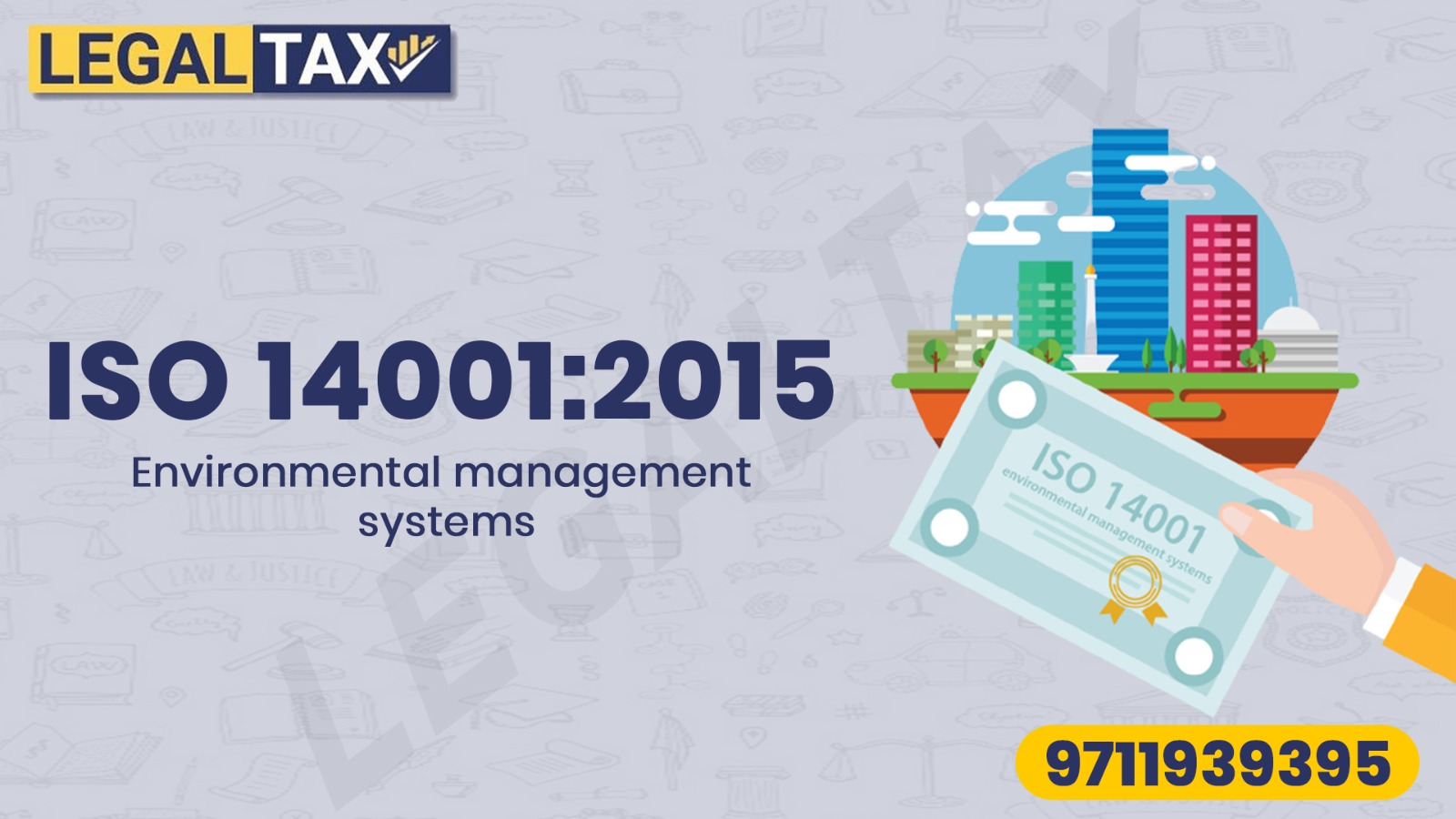ISO 14001:2015 is a globally recognized standard for environmental management systems (EMS). It provides a framework for organizations to manage their environmental impacts, including reducing their carbon footprint, conserving resources, and minimizing waste. The standard is based on a set of environmental management requirements and best practices that help organizations to identify, manage, and control their environmental impacts.
There are several reasons why an organization may choose to implement and seek certification to ISO 14001:2015:
- Legal and regulatory compliance: Compliance with ISO 14001:2015 can help organizations comply with legal and regulatory requirements related to environmental management.
- Improved environmental performance: Implementing ISO 14001:2015 requires organizations to identify and manage their environmental impacts, which can lead to improved environmental performance and reduced environmental risks.
- Cost savings: ISO 14001:2015 can help organizations to reduce their environmental impact and resource use, which can lead to cost savings through reduced waste, energy consumption, and resource use.
- Competitive advantage: ISO 14001:2015 certification can give organizations a competitive advantage by demonstrating their commitment to sustainable business practices, which can differentiate them from their competitors and help them win business.
- Reputation and stakeholder engagement: ISO 14001:2015 certification can enhance an organization’s reputation and stakeholder engagement by demonstrating its commitment to environmental management and sustainability.
Benefits of ISO 14001 Certification in India
ISO 14001 certification provides numerous benefits for organizations in India, including:
- Improved Environmental Performance: ISO 14001 provides a framework for organizations to manage their environmental impact and improve their sustainability practices. By implementing an ISO 14001 compliant EMS, organizations can reduce their environmental impact and improve their environmental performance.
- Legal Compliance: ISO 14001 helps organizations comply with environmental regulations in India and international markets. Compliance with ISO 14001 can also help organizations avoid fines and legal action for non-compliance.
- Enhanced Reputation: ISO 14001 certification demonstrates an organization’s commitment to environmental sustainability. This can lead to enhanced reputation and improved stakeholder relationships.
- Cost Savings: By improving their environmental performance, organizations can reduce their energy consumption, waste generation, and raw material usage. This can lead to cost savings and improved profitability.
ISO 14001 Requirements
ISO 14001 sets out a series of requirements for an EMS, including:
- Environmental Policy: The organization must establish an environmental policy that outlines its commitment to environmental sustainability and compliance with environmental regulations.
- Planning: The organization must identify and assess its environmental impact and set environmental objectives and targets. The organization must also develop a plan to achieve these objectives and targets.
- Implementation: The organization must implement its environmental management plan, including establishing environmental procedures and processes, and assigning responsibilities and resources.
- Monitoring and Review: The organization must monitor and measure its environmental performance and review the effectiveness of its environmental management system. The organization must also conduct periodic internal audits to ensure compliance with the standard.
- Continuous Improvement: The organization must continuously improve its environmental management system and environmental performance.
ISO 14001 Certification Process in India
The ISO 14001 certification process in India involves the following steps:
Step 1: Preparation
The first step in the ISO 14001 certification process is to prepare for certification. This involves understanding the requirements of the standard, developing an EMS, and identifying any gaps between the EMS and the standard.
Step 2: Internal Audit
The next step is to conduct an internal audit of the EMS. This involves reviewing the EMS to ensure that it meets the requirements of the standard and is functioning effectively. Any gaps identified during the audit should be addressed before proceeding to the next step.
Step 3: Certification Body Selection
Once the EMS has been audited internally, the organization must select a certification body. The certification body will conduct an external audit of the EMS to determine if it meets the requirements of the ISO 14001 standard.
When selecting a certification body, it is essential to choose an organization that is accredited by a recognized accreditation body such as the National Accreditation Board for Certification Bodies (NABCB) or the International Accreditation Forum (IAF).
Step 4: Stage 1 Audit
The first stage of the external audit is a document review. The certification body will review the organization’s EMS documentation to ensure that it meets the requirements of the ISO 14001 standard.
Step 5: Stage 2 Audit
The second stage of the external audit is an on-site audit. The certification body will visit the organization’s site to assess the implementation of the EMS
In summary, implementing and seeking certification to ISO 14001:2015 can provide numerous benefits, including legal and regulatory compliance, improved environmental performance, cost savings, competitive advantage, and enhanced reputation and stakeholder engagement.

